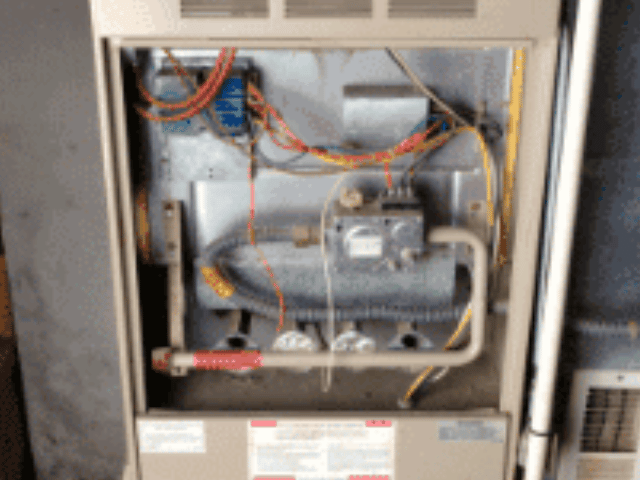



When it comes to heating your home, choosing between a boiler and a furnace is one of the most critical decisions you'll make. Both systems have their strengths and weaknesses, and the best choice often depends on your specific needs, preferences, and the type of home you have. At MBH Mechanical, we specialize in providing expert advice and installation services for both boilers and furnaces, ensuring you get the most efficient and effective heating solution for your home. In this post, we'll break down the pros and cons of each system to help you make an informed decision.
Before diving into the pros and cons, it's essential to understand what boilers and furnaces are and how they work.
Choosing between a boiler and a furnace depends on several factors, including your budget, heating preferences, and the layout of your home. At MBH Mechanical, we have the expertise to help you weigh the pros and cons of each system and determine the best solution for your needs. Whether you prioritize the even heat of a boiler or the fast response time of a furnace, our team is dedicated to providing high-quality installation and maintenance services to ensure your home stays warm and comfortable all winter long.
Both boilers and furnaces have their advantages and disadvantages, and the right choice depends on your specific needs and circumstances. At MBH Mechanical, we are committed to helping you find the best heating solution for your home. Contact us today for a consultation, and let us guide you in making the most informed decision for your heating system.